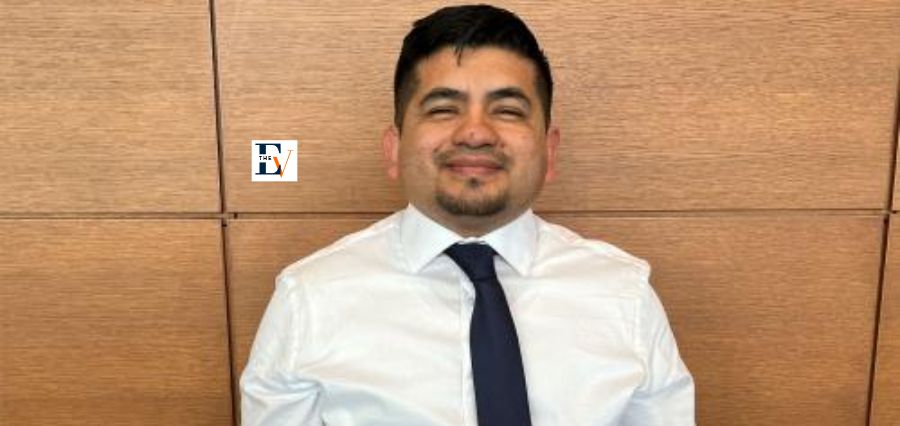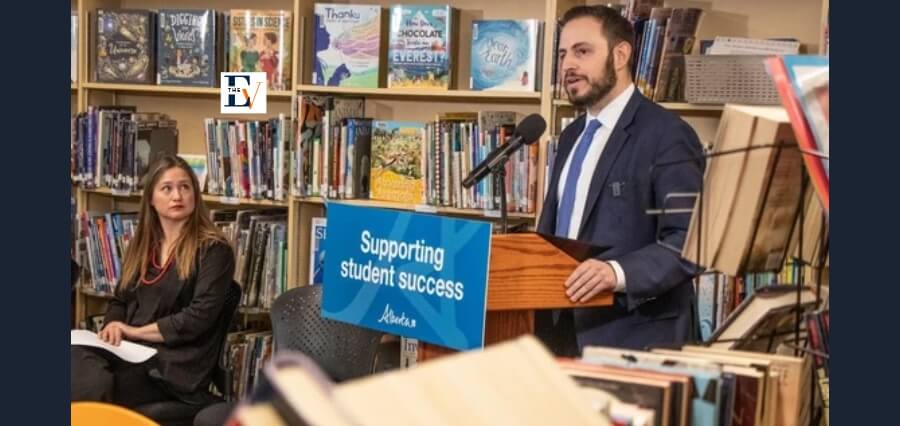The U.S. Army Space and Missile Defense Command (USASMDC) has partnered with the Alabama School of Cyber Technology and Engineering (ASCTE) to support the education and recruitment of future scientists, mathematicians, cyber experts, and engineers.
Richard De Fatta, USASMDC’s deputy to the commanding general, and Matt Massey, president of ASCTE, signed the education partnership agreement at the high school on February 15. This agreement aims to foster student interest in science, mathematics, technology, cybersecurity, and engineering.
Dr. Rosemary Hodges, ASCTE’s dean of teacher and student learning, stated that the collaboration between USASMDC and ASCTE began following De Fatta’s visit to the school in 2022. “He toured around the school and was impressed with the things that we were doing,” Hodges said. “At the end of that tour, he made sure that this partnership would come to fruition.” The agreement was finalized in October 2023.
Massey expressed gratitude for the strengthened partnership between the two organizations, highlighting the confidence and vision exhibited by Mr. De Fatta and his team in the students’ capabilities. He emphasized the unique learning experiences and skill development opportunities available to the students through this collaboration.
Under the agreement, USASMDC will provide various forms of support to the school, including loaning scientific equipment, arranging guest speakers, offering courses in science, cybersecurity, or engineering, aiding in curriculum development, facilitating a program for students to earn academic credit through USASMDC research projects, and providing academic and career guidance.
De Fatta noted that this partnership marks the first Education Partnership Agreement (EPA) between the command and the high school, which is currently in its fourth year of operation.
Reflecting on his own experience, De Fatta acknowledged that he didn’t have a clear career path in high school but emphasized the numerous opportunities available to students with similar intellect and potential.
De Fatta commended the students for their dedication to pursuing fields like science, engineering, and technology development. He emphasized the significance of these disciplines and highlighted the diverse range of opportunities available, not only in the civilian sector but also within government-funded high technology initiatives across various universities and institutions.






